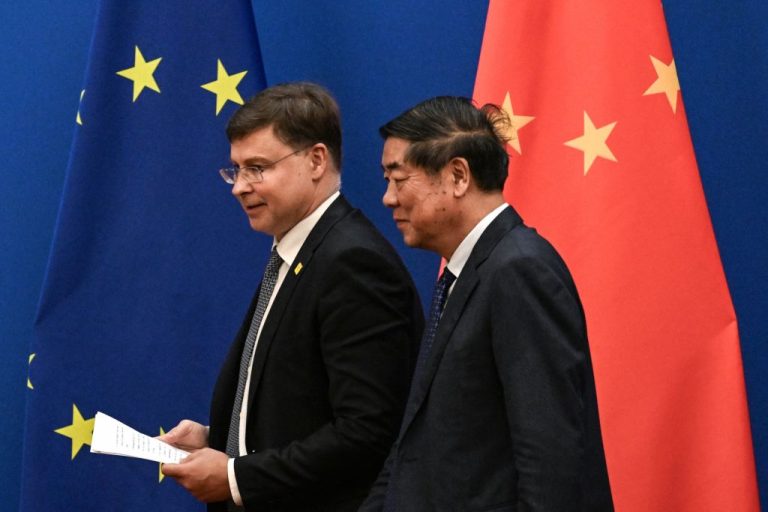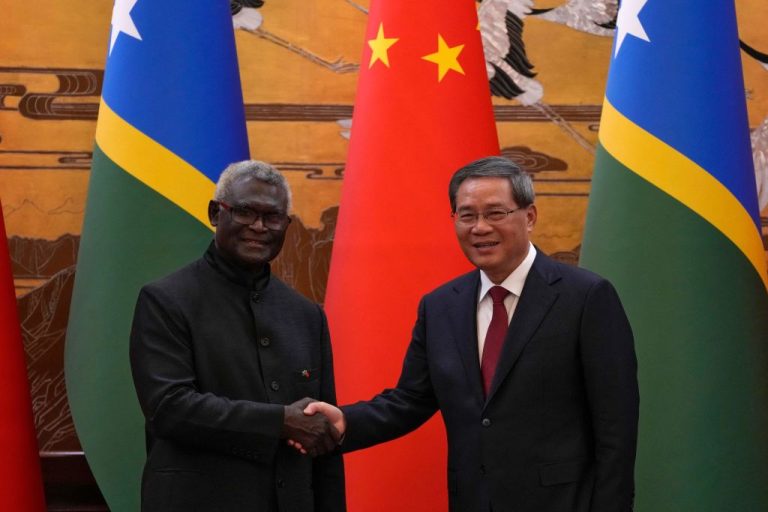The European Commission has launched another risk analysis into China as an economic partner and a possible threat, focusing on artificial intelligence (AI), semiconductor products, and bio- and quantum technologies.
According to the European Commission, given the growing rivalry with China, these four security-related technology areas in the EU will be subjected to a comprehensive risk analysis by the end of the year.
The four technology areas are selected based on the potential that technologies could have for fundamental changes in the world of technology, espionage, and the international arms race since the question remains to what extent the technologies in question could also be misused militarily or to restrict fundamental human rights, such as freedom of expression.
An example of the misuse of AI is considered to be an instrument that could manipulate public opinion through social media, mainstream media, and election campaigns to handle public perception management and steer public sentiments in the desired direction.
Depending on the outcome of the analysis, protective measures, for example, export controls and efforts to reduce dependence on certain suppliers, will be initiated in further steps.
De-risking rather than decoupling
Success
You are now signed up for our newsletter
Success
Check your email to complete sign up
The plans presented are part of an economic security strategy intended to minimize risks arising from increasing geopolitical tensions and accelerated technological change. At the same time, it should mandate high economic openness and dynamism.
READ MORE:
- Germany’s ‘Strategy on China’ Marks Beijing as Both Partner and Rival
- Wang Yi in Russia: What China’s Top Envoy Hopes to Achieve Amid Rising Global Tensions
- South Korea’s Yoon Warns of Unprecedented Response to North Korea Nuclear Test, Calls on China to Do the Same
- Macron Calls for Closer Ties to China During State Visit
The wording follows the same rhetoric seen from U.S. political leadership, which says it is “de-risking” rather than “decoupling” from Communist China.
EU Commission head Ursula von der Leyen repeatedly emphasized that, in her view, decoupling from China is neither feasible nor in Europe’s interests. That is why she advocates keeping communication channels open while cooperation with China on issues such as climate control, pandemic response strategies, and financial cooperation should be sought.

















